‘Model elections’ in Bangladesh
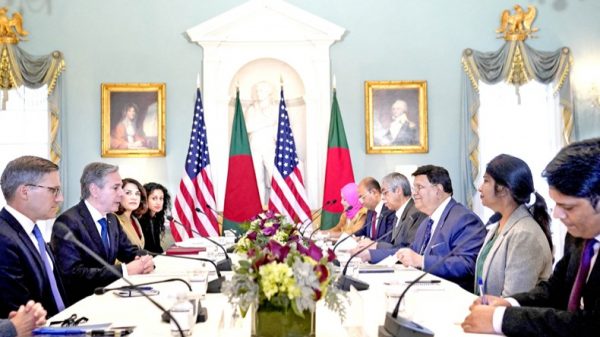
by Dilara Choudhury:
THE world is looking for a free, fair and participatory election, due by January 31, 2024, in Bangladesh, stated American secretary of state after the cordial but tense meeting between him and Bangladesh’s foreign minister on April 10. The State Department’s spokesperson Vedant Patel also confirmed that USA and its allies will not ally with any political party, but would expect that 2024 elections must be held on the principles of free, fair and participatory elections.
There will be ‘model elections’ in Bangladesh, was the foreign minister’s response. By ‘model elections’ if he had referred to the controversial elections of 2014 and 2018 held in Bangladesh under the present government, which have landed us into an authoritarian system, he should explain what ‘model elections are and what the modus vivendi is. A repetition of elections similar to the 2014 and 2018 elections is not acceptable.
Usually, foundations of ‘model elections’ are the ones which are held on the basis of democratic principles of free, fair, and participatory elections. These principles are to ensure meticulously citizens’ right to vote freely to elect their representatives without fear and intimidation. These can happen if only, as Antony Blinken stated’ there is a level playing field and ‘creation of which lies heavily on incumbent government. That means that the government will create an environment in which political parties’ are free to campaign, hold peaceful meetings, free media highlighting and analysing the manifestoes of the political parties, non-partisan administration, the Election Commission and judiciary. However, on the contrary, in Bangladesh, the present government since coming to power in 2009 caused harm to the fragile democratic institutions.
There has been rampant politicisation of administration including the police and other law enforcement agencies, the lower and the higher judiciary, and the Election Commission. Civil servants, who usually act as the returning officers during elections, are now so partisan that recently one of the deputy commissioners publicly called on the people to vote for the ruling party. Most damaging has been the omission of the constitutional provision of the caretaker government, which was earlier incorporated in the constitution in the wake of a movement by the Awami League and other political parties. In the past, as many as three acceptable elections were held under the caretaker government system, but through the 15th amendment of constitution, the ruling Awami League has repealed the provision.
Now, the political system may look like a parliamentary one, but the ruling party with ‘clear policy of piecemeal imitation of western liberal policy and legal system without any substance’ turned Bangladesh into a state what has been termed by sociologist Scheppele as Franken State taking a cue from Mary Shelley’s iconic novel Frankenstein.
As such, in the absence of checks and balances, rule of law and fundamental rights, freedom of speech, freedom of media, the government has created an environment that is not conducive to free, fair, and participatory elections. In the backdrop of the nature of election time government, the importance of democratic space has been highlighted because the role of poll-time government is crucial in holding free, fair and participatory elections in the country.
The role of the election time government is so crucial that even in the established democracies despite having a professional civil administration and other auxiliary agencies like police, army etc, free press, an independent judiciary, and election commission set-up a caretaker government as soon as the dissolution of the parliament. Further to make this small non-elected cabinet, in charge of day to day administration, various guidelines and conventions are provided in order to make the election time government totally neutral.
For example, in the United Kingdom, the pre-election period formerly known as purdah is the period between the dissolution of the house and elections are announced and formation of the new government. The guidelines provided by the outgoing government, affect the civil servants and administration who are involved in the elections that they must be meticulously impartial and the caretaker government must not make any announcement that might favour a political party or a candidate. Similarly, Australia, Netherland, Canada and other established democracies provide conventions and guidelines ensuring the neutrality of election-time caretaker governments. India follows principles through conventions.
Bangladesh’s election-time government is very odd, to say the least, and not found in any established democracies. Unlike the election time governments discussed above, it does not go into the caretaker mode in Bangladesh. There are no guidelines or conventions restricting the election time of the government. The ruling party conducts the elections without dissolving the parliament and making the elections a shambles as the members of government, as well as the sitting parliament members contesting the elections with all their powers and privileges.
However, despite the opposition political parties’ and public demand to modify the electoral time government and process, attitude of the ruling party is rigid, they appear adamant to repeat the episode of 2014 and 2018 — national elections that seriously suffers from legitimacy and credibility. It is difficult to predict what other modus vivendi would be taken by the ruling party to gain unwanted advantage during the upcoming national elections. It has, however, taken a hardline which becomes evident in some of its recent decisions and steps, such as the controversial promotions in the police department or the decision to send a high ranking law enforcer, who is already subjected to US sanctions. The government has also circulated a list of directives for journalists and media for their election coverage.
Moreover, suppression of and oppression on the opposition parties, especially the Bangladesh Nationalist Party, continue unabated. The BNP is prevented from holding peaceful meetings by the police and other auxiliary forces, its supporters are victims of harassment, and forced disappearances, thousands are in jail and are dislodged from their home and hearth. Opposition parties declared their stand that they would boycott any elections under the present government and demanded restoration of the previous caretaker government model under which all opposition parties, including BNP, would participate in.
Would the foreign minister still call the elections under the present election-time government and without the participation of opposition parties ‘model elections?’
Professor Dilara Choudhury is a political analyst.


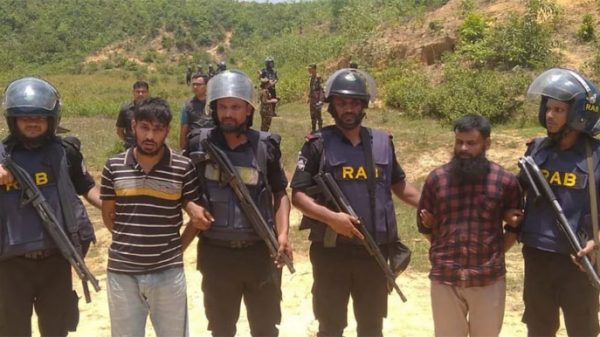
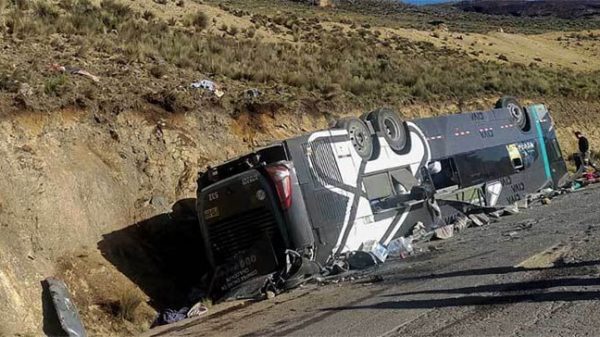
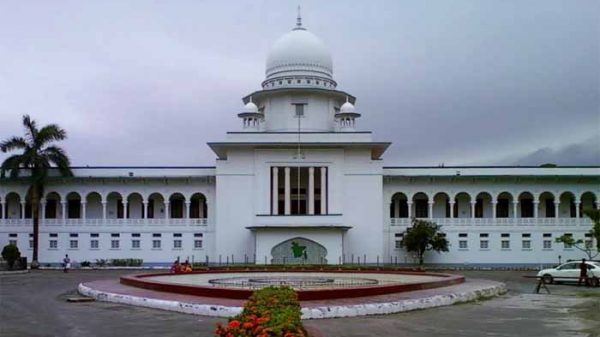
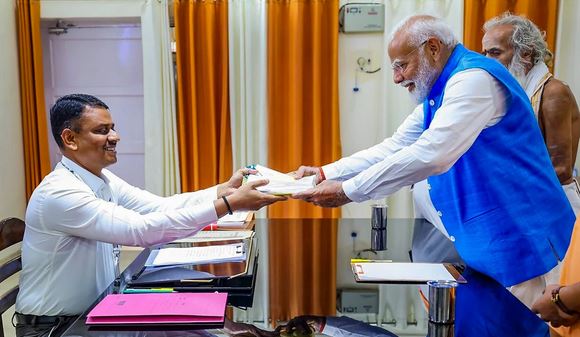
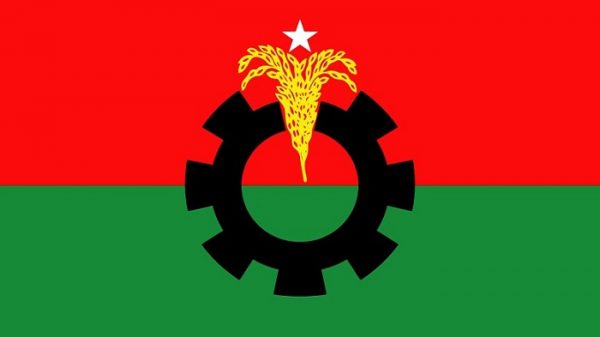
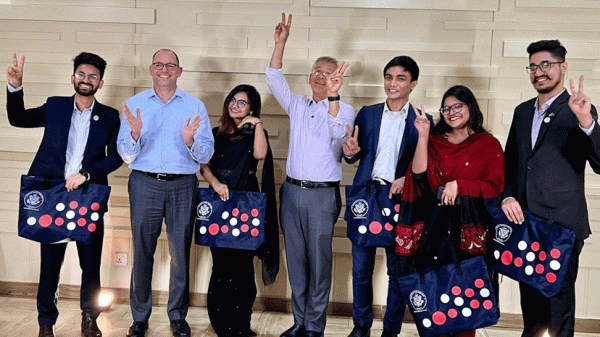
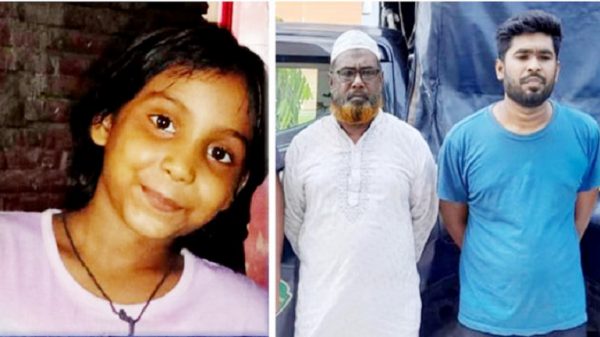
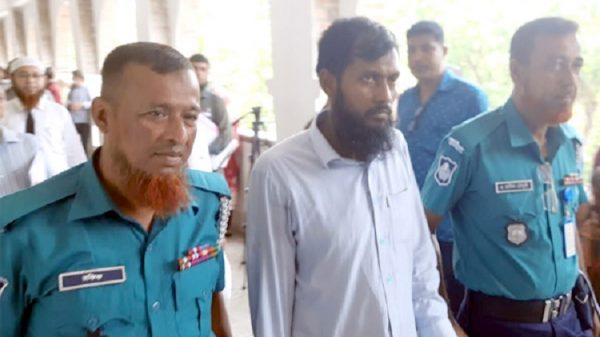













Leave a Reply